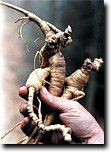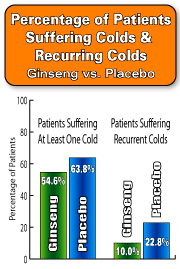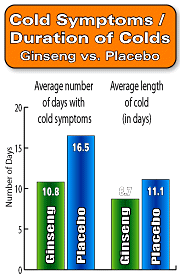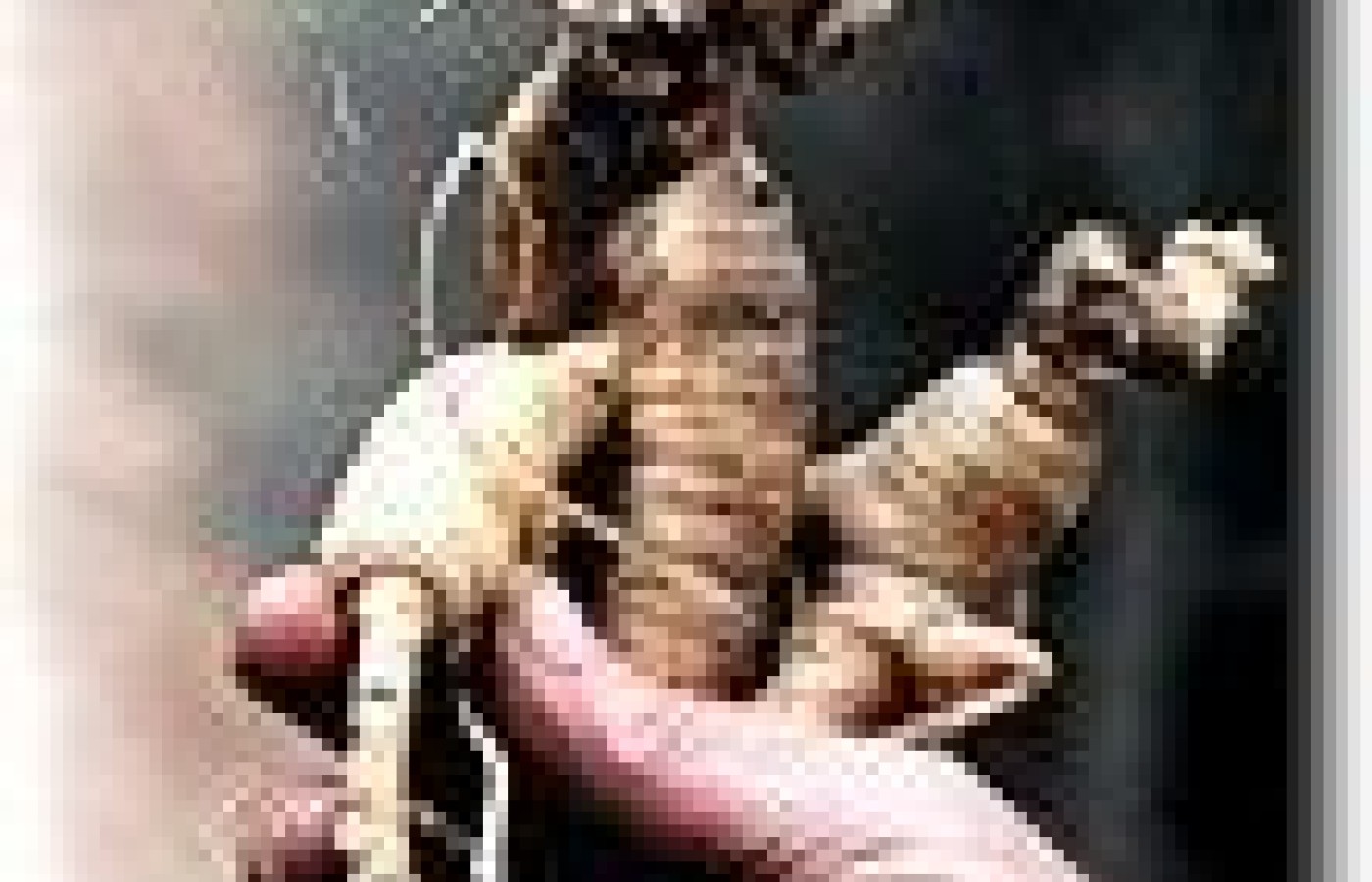The most important relationship I seek to nurture in the treatment room is the one a patient has with their own body. We live in a culture that teaches us to override pain, defer to outside authority, and push through discomfort. Patients often arrive hoping I can “fix” them, but the truth is, we can’t do the work for them. We can offer guidance, insight and support, but healing requires their full participation.
New Study Finds Ginseng Effective in Preventing Colds, Reducing Symptoms
Like free energy and the Loch Ness Monster, the search for a cure to the common cold continues to bedevil mankind. Stroll through any supermarket, and one is likely to find an entire aisle packed floor to ceiling with an array of cold remedies, all promising to relieve the sneezing, coughing, stuffiness, congestion, watery eyes, runny nose and other ailments a person with a cold might endure.
The amount of suffering caused by the common cold is staggering, leading, according to the Centers for Disease Control and Prevention, to more lost productivity and time missed from work than any other illness. In the United States alone, it has been estimated that up to one billion colds occur annually - an average of 3.4 colds per year for every person living in the U.S.1


One natural alternative that has received a great deal of attention is ginseng. Previous research has shown that North American ginseng (panax quinquefolium) contains substances that stimulate the immune system, improving the body's ability to fight off certain viruses and bacteria. While some scientists have criticized the quality of this research, a new study published in the Canadian Medical Association Journal suggests standardized ginseng extracts can reduce both the amount and severity of colds people suffer significantly, and that the extracts work as well as many antiviral medications currently used to treat or prevent colds and influenza.2
In the study, 279 volunteers from Edmonton, Alberta were randomly assigned to two groups. Patients in the first group received a standardized extract containing 80 percent poly-furanosyl-pyranosyl-saccharides and 10 percent protein from the roots of North American ginseng. The extract was then freeze-dried and encapsulated to contain 200 milligrams per capsule. Patients in the second group were administered a placebo consisting of rice powder, which also was encapsulated and identical in shape and size to the ginseng extract.
Subjects in both groups were instructed to take two capsules per day for a period of four months, beginning in November and following the start of the influenza season. They were asked to take both capsules each morning after breakfast with a glass of water, and were instructed not to take any other cold medication unless advised by their family physician. Each evening, the participants completed a diary that recorded the severity of 10 cold-related symptoms* on a scale of 0-3, with 3 indicating "severe symptoms." Summing the daily scores for all symptoms produced a total symptom score. If a person's total symptom score exceeded 14 for two days, that person was considered to have a "verified cold."
Patient diaries were used to determine the total number of verified colds reported by each subject, along with medication use and instances of adverse side-effects. In addition, daily total symptom scores were used to determine symptom severity, the number of days cold symptoms were reported, and the duration of each cold.
Results

The total symptom scores of all colds experienced during the study period also varied significantly. Patients who received ginseng had an average total symptom score of 77.5; in the placebo group, the average total symptom score was 112.3. In addition, patients in the ginseng group experienced significantly fewer days with cold symptoms than placebo patients (10.8 versus 16.5), and the average length of each cold was much shorter for ginseng patients (8.7 days) than for placebo patients (11.1 days). These results appeared similar to those seen in studies of well-known prescription cold medications.
"Our results can be compared with those for many of the common antiviral drugs such as rimantadine, amantadine, zanamivir or oseltamivir for the prevention or treatment of influenza," the researchers wrote.3
Use of supplementary medications was similar between both groups. Twenty-nine percent of the ginseng patients reported taking NSAIDs or antibiotics to help treat their colds and flu, as did 33 percent of the patients taking a placebo. The frequency of adverse events also was similar (6.1 percent in the ginseng group, 8.7 percent in the placebo group).
Because the study was not designed to distinguish an influenza infection from that of a common cold, the scientists stopped short of saying the extract was effective in treating both colds and flu equally. In addition, the exact mechanism of action of ginseng on colds remained unclear, and the substances in ginseng responsible for reducing cold symptoms were not identified fully. As a result, the authors recommended that future studies be conducted to determine the safety and effectiveness of ginseng extracts in other populations that might be susceptible to colds and flu, such as children, the elderly and people with depressed immune systems.
Nevertheless, the researchers believe a standardized extract of North American ginseng can be a safe, effective and "attractive" natural remedy for treating colds and reducing cold-related symptoms. As they noted in their conclusion:
"The standardized extract of North American ginseng was effective in reducing the absolute risk of recurrent colds and the mean number of colds per person. The safety of this formulation was also evident. It therefore appears to be an attractive natural prophylactic treatment for upper respiratory tract infections."
* sore throat, runny nose, sneezing, nasal congestion, malaise, fever, headache, hoarseness, earaches and cough.
References
- Gwaltney JM. Clinical significance and pathogenesis of viral respiratory infections. American Journal of Medicine 2002;112:13S-18S.
- Predy GN, Goel V, Lovlin R, et al. Efficacy of an extract of North American ginseng containing poly-furanosyl-pyranosyl-saccharides for preventing upper respiratory tract infections: a randomized controlled trial. Canadian Medical Association Journal, Oct. 25, 2005;173(9):1043-1048.
- The brand names for each of these drugs are Flumadine, Symmetrel, Relenza and Tamiflu, respectively.
Editor's note: A complete copy of the ginseng extract article is available for free at the Canadian Medical Association Journal Web site (www.cmaj.ca).



